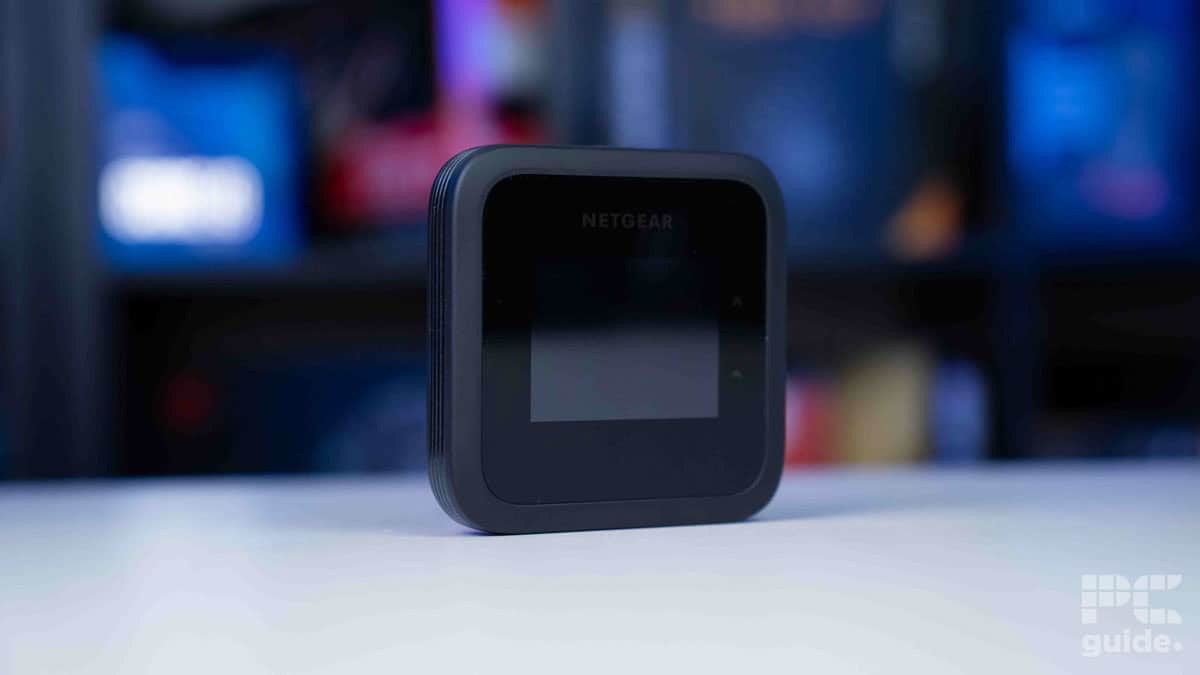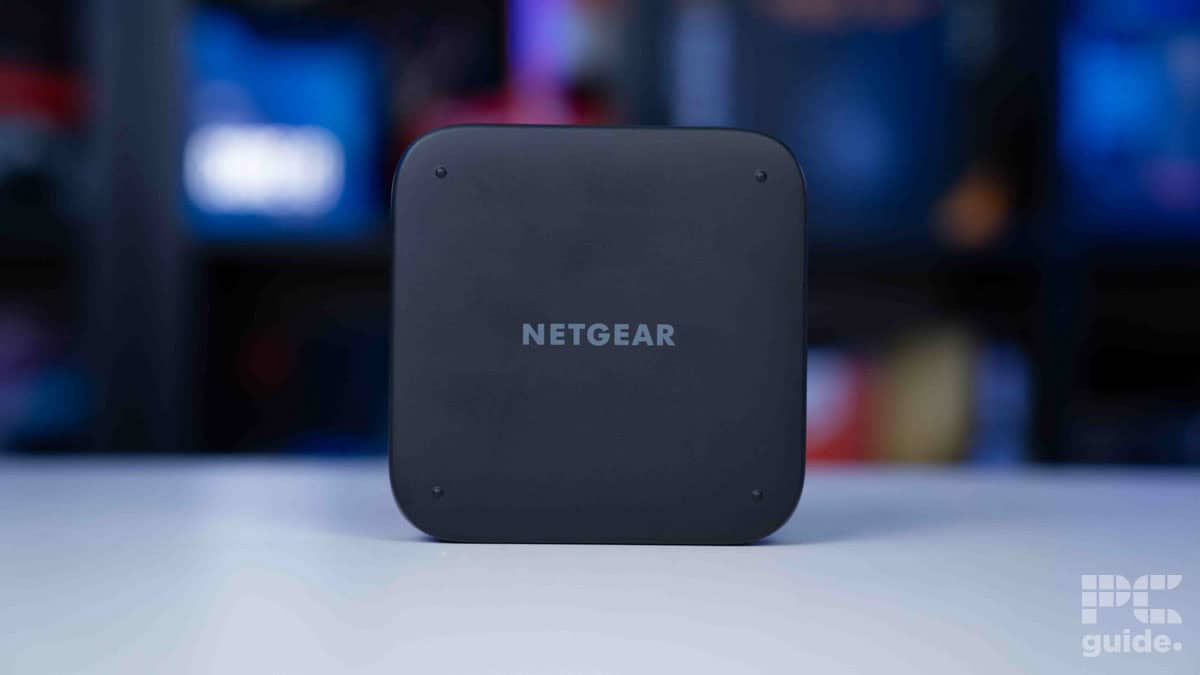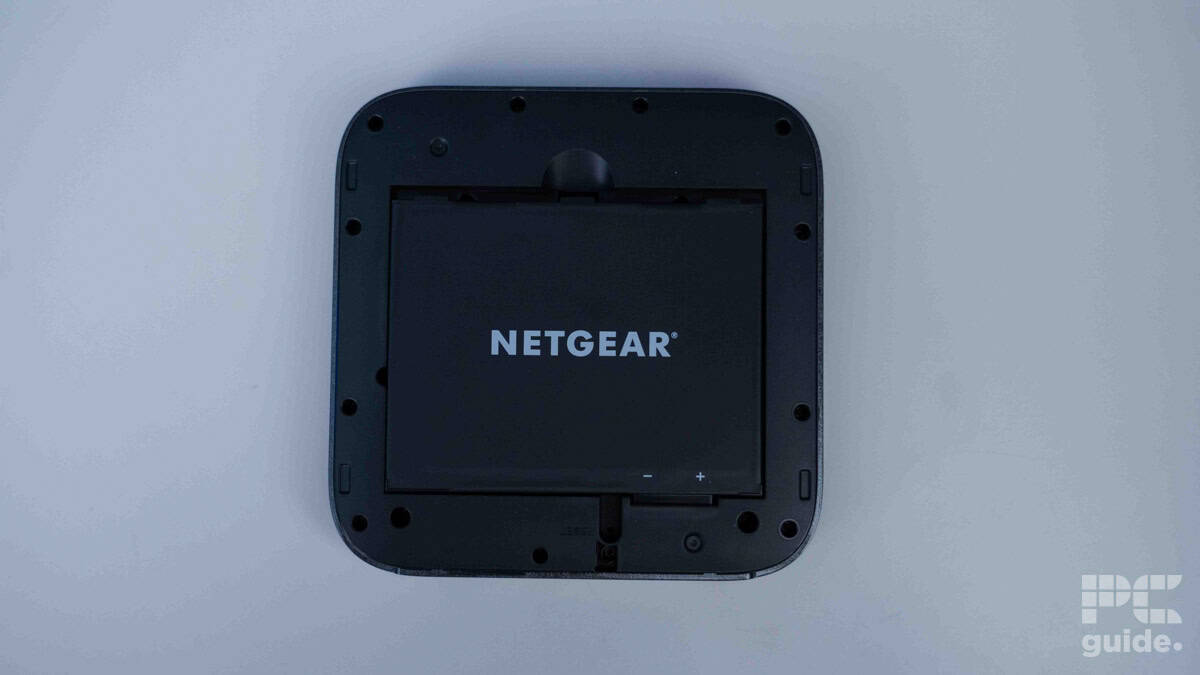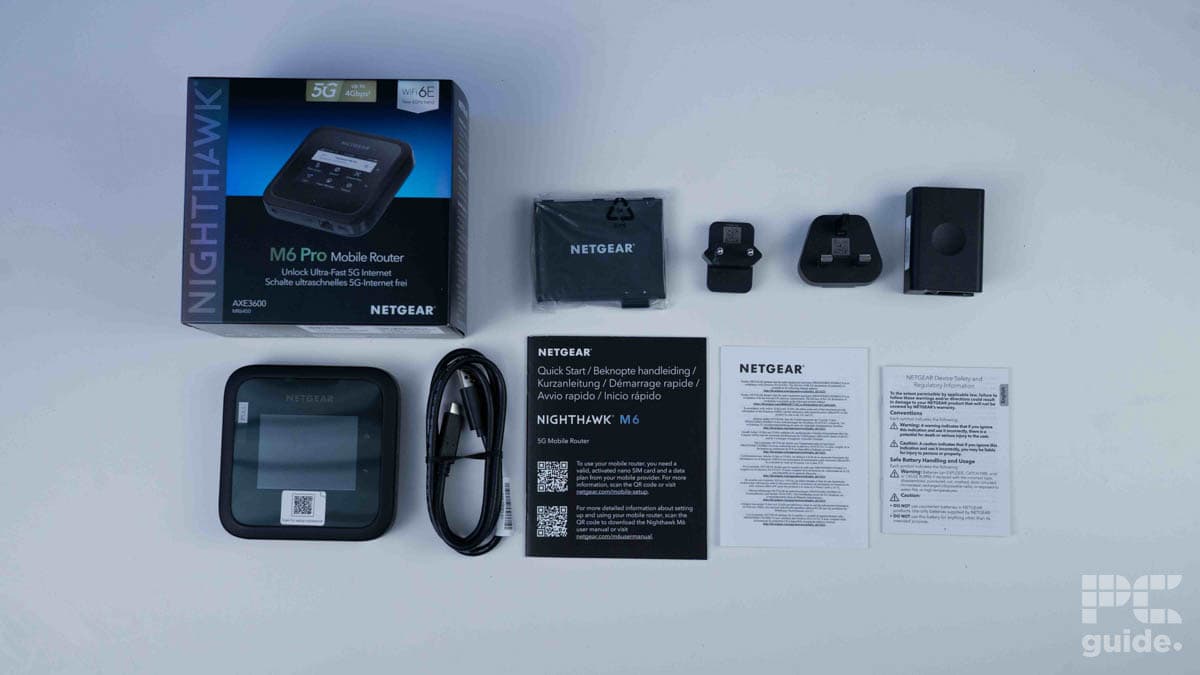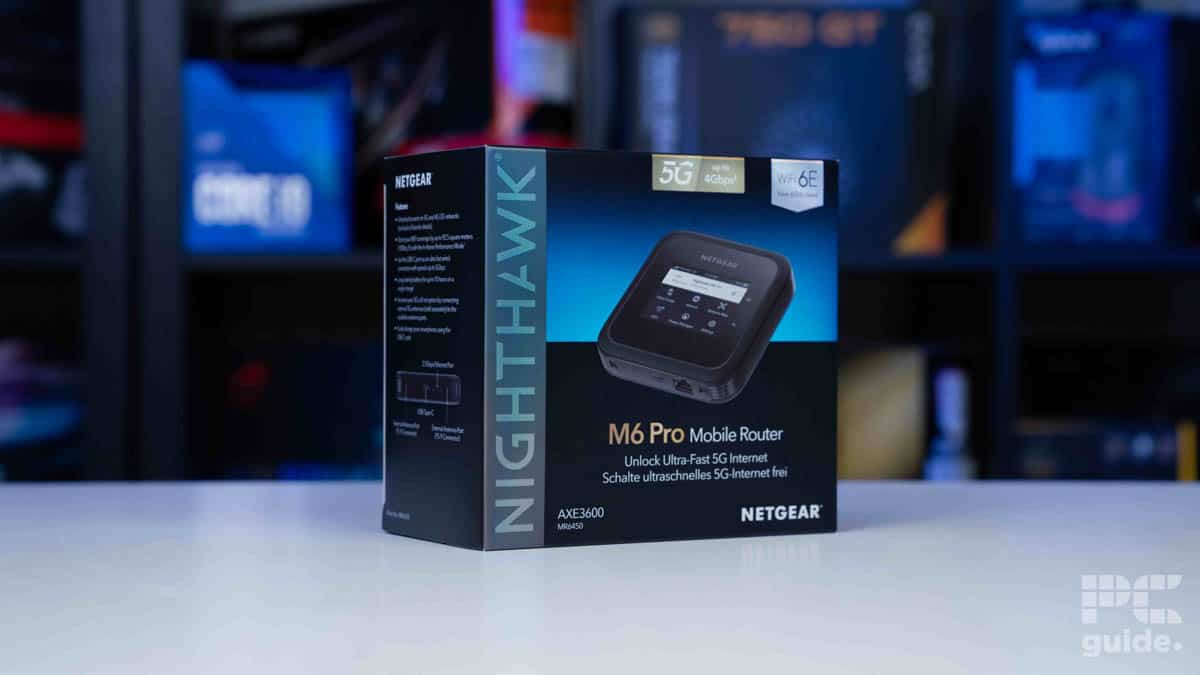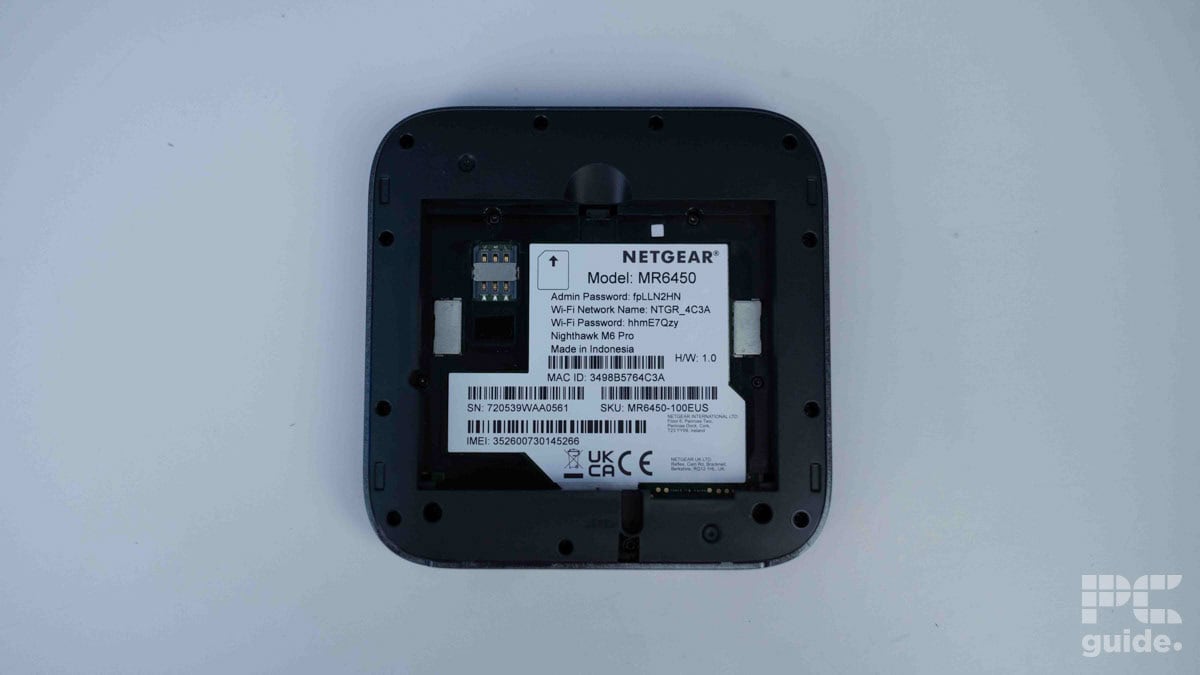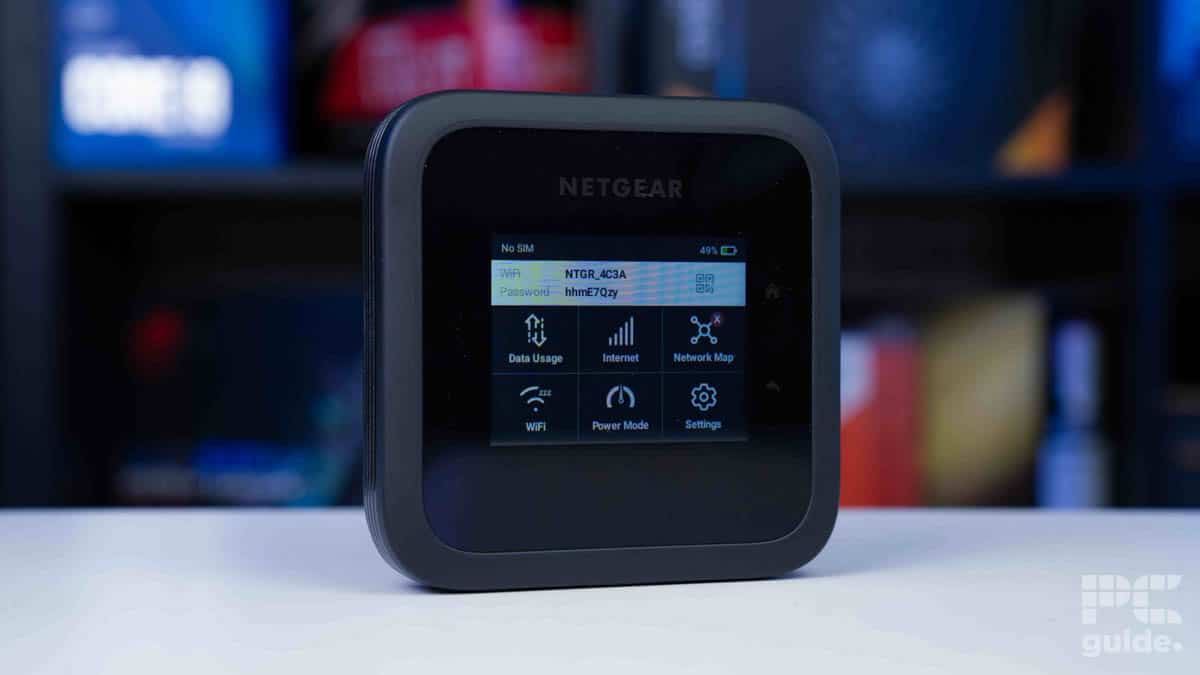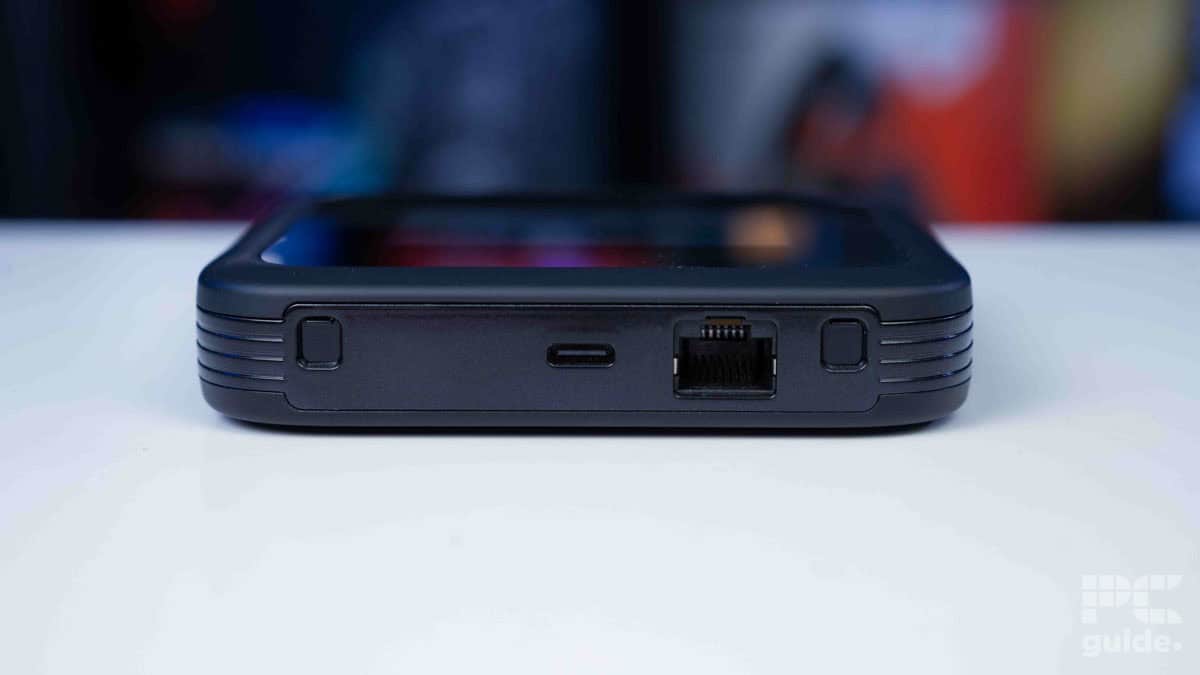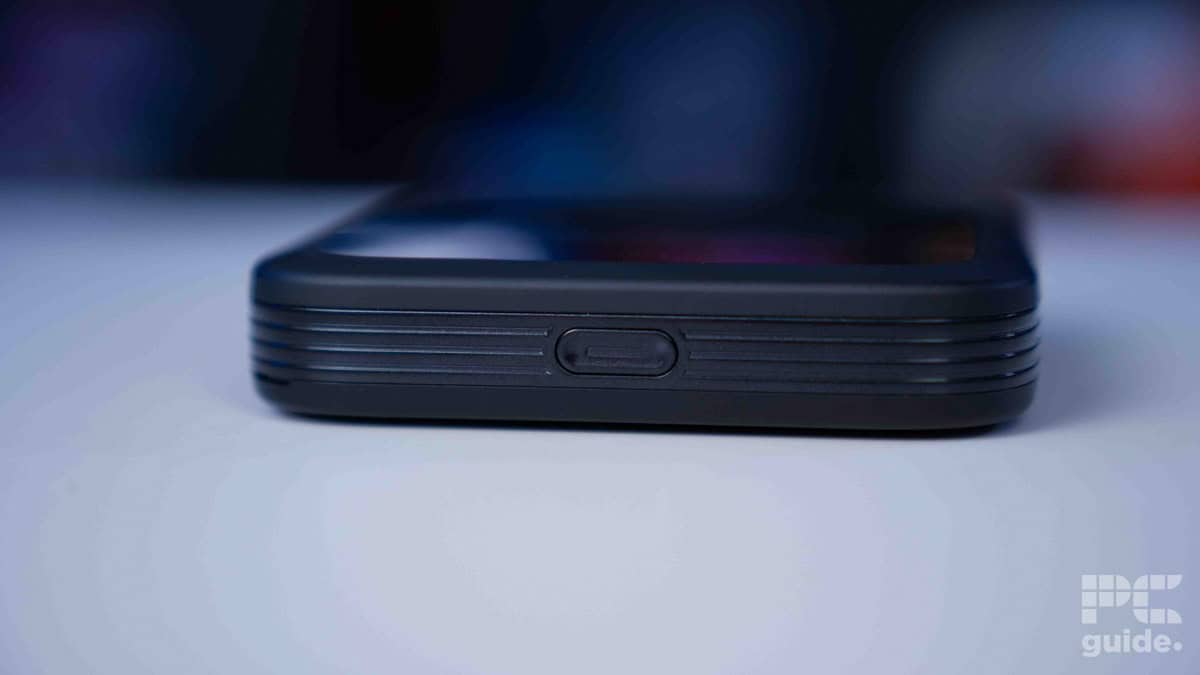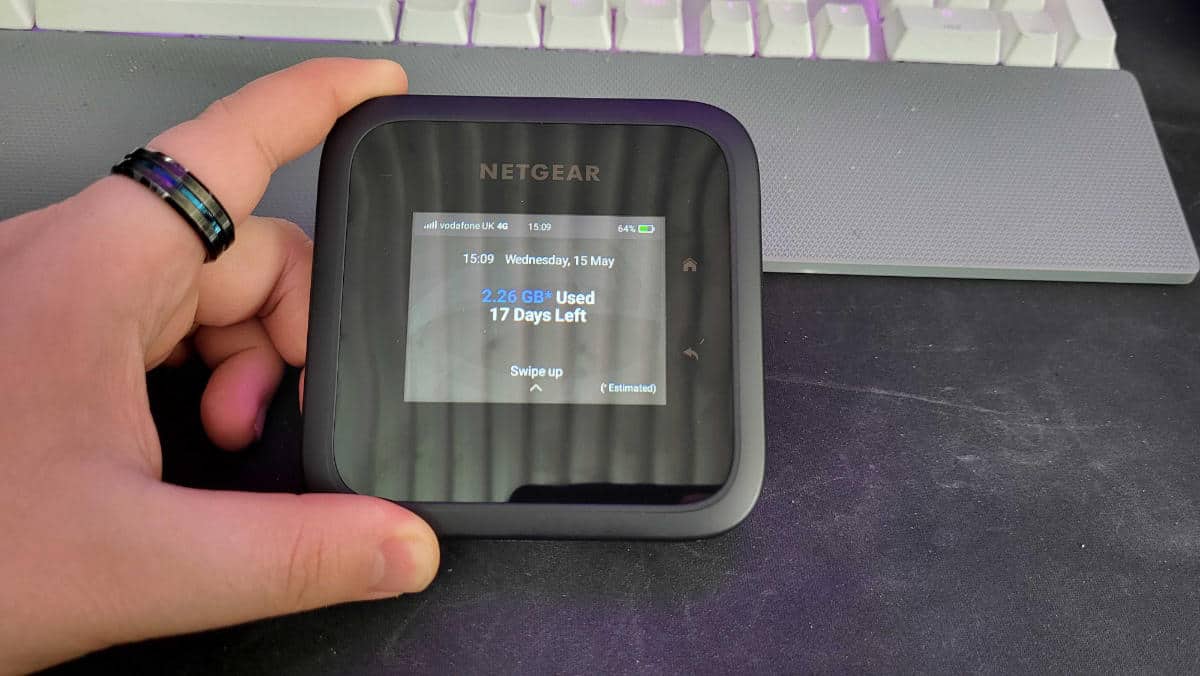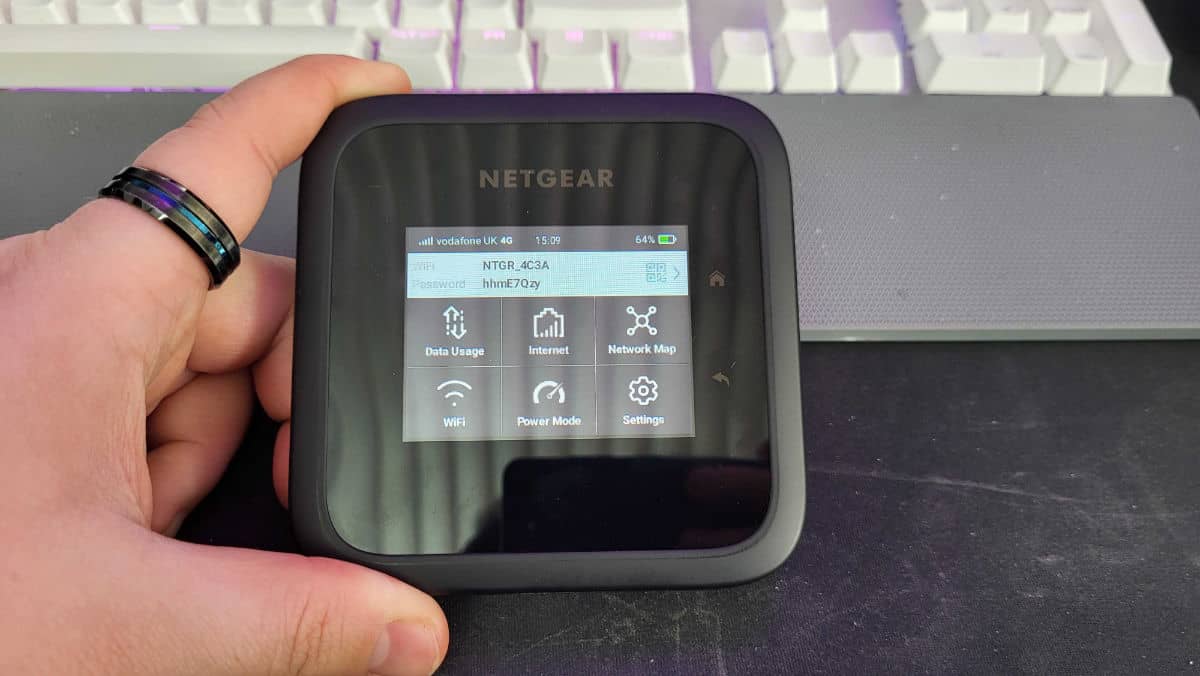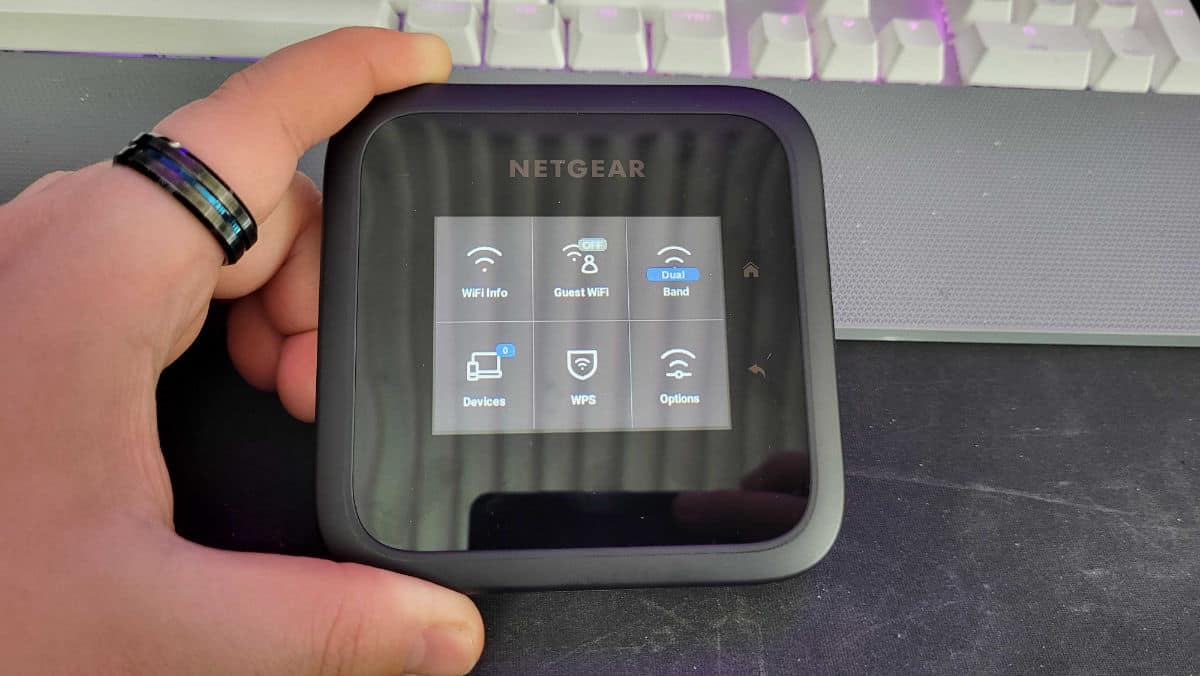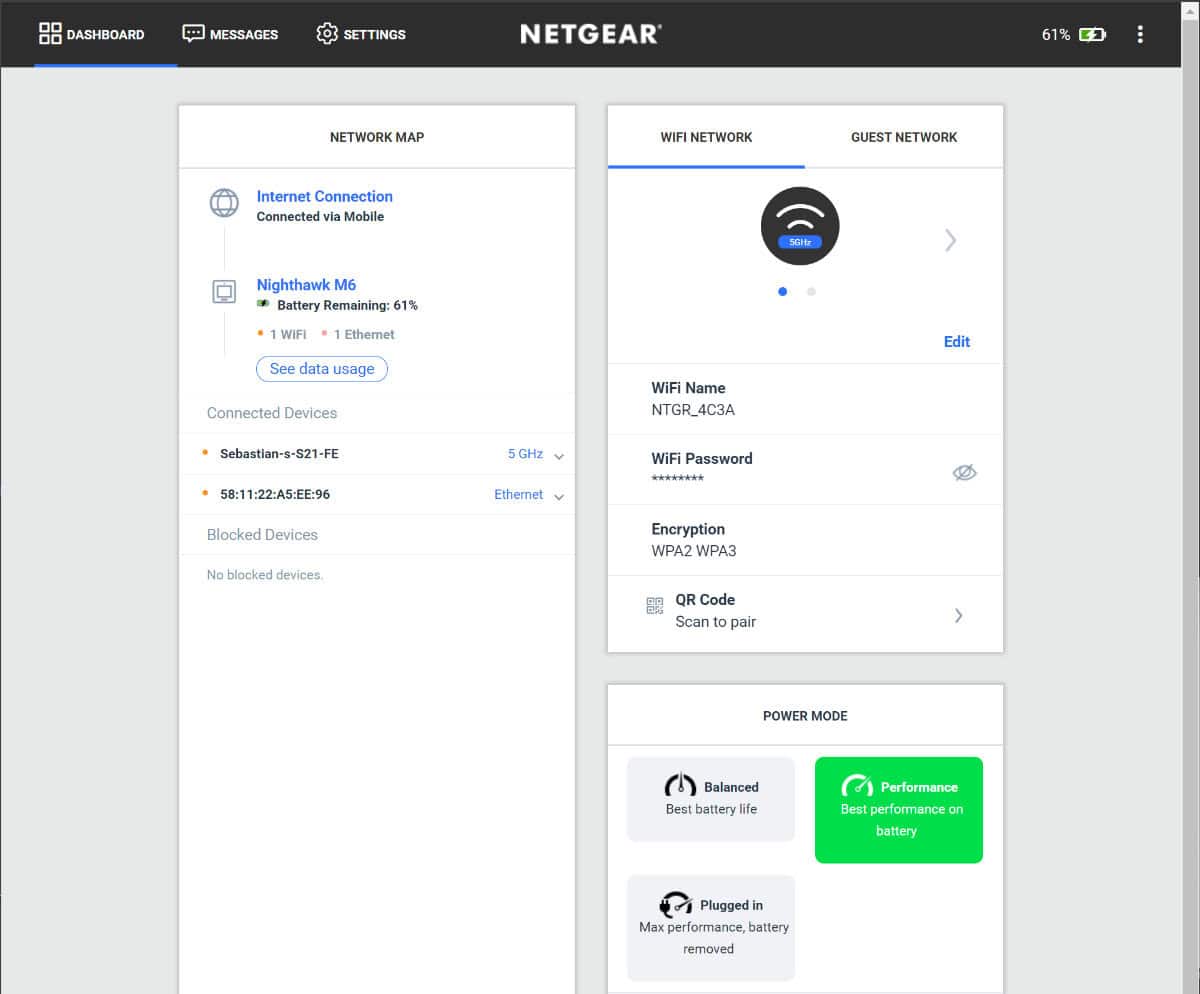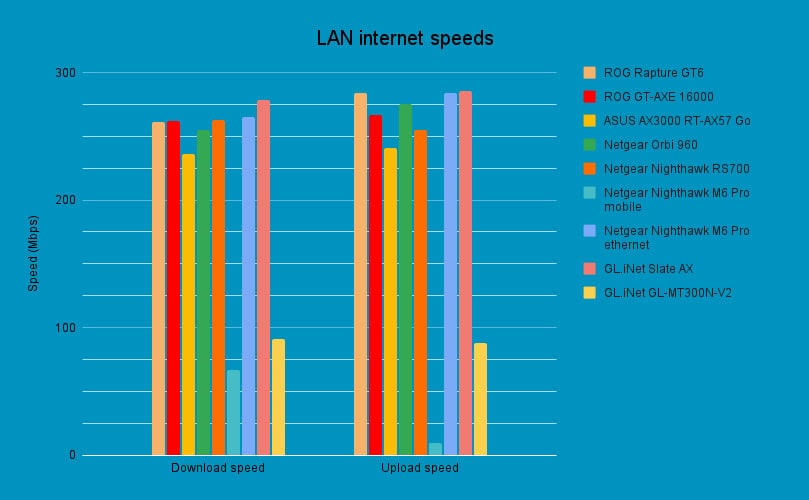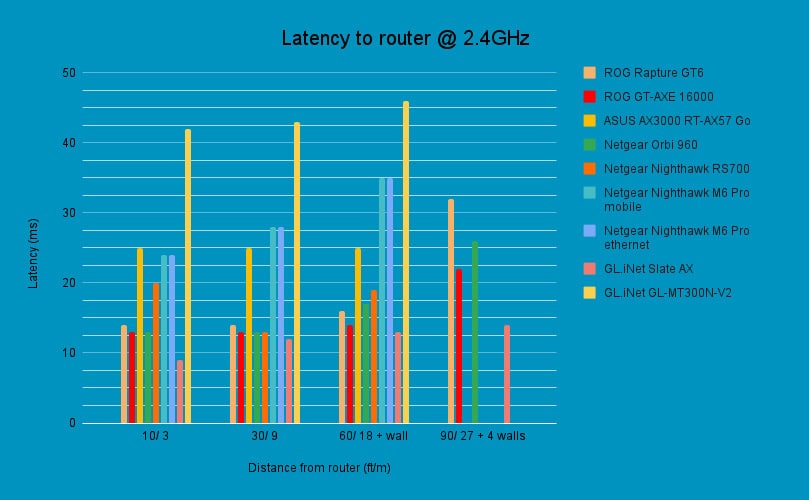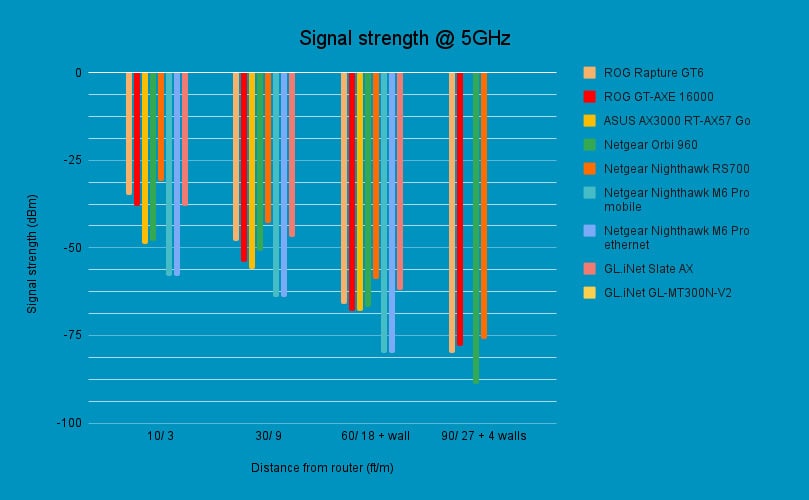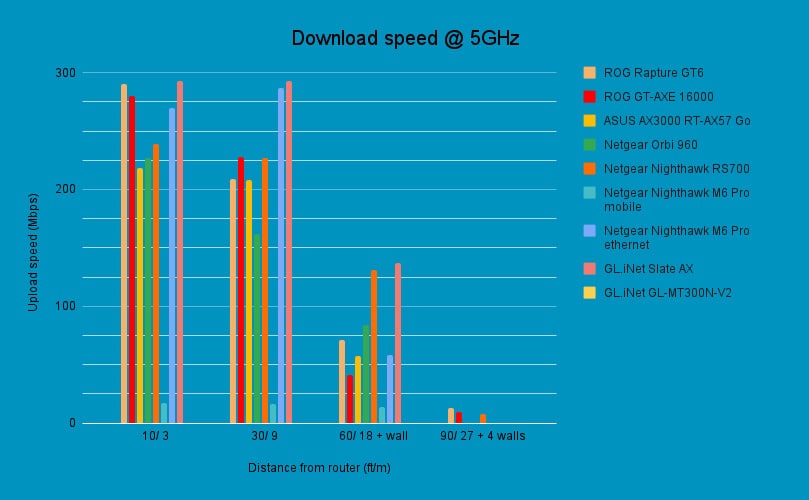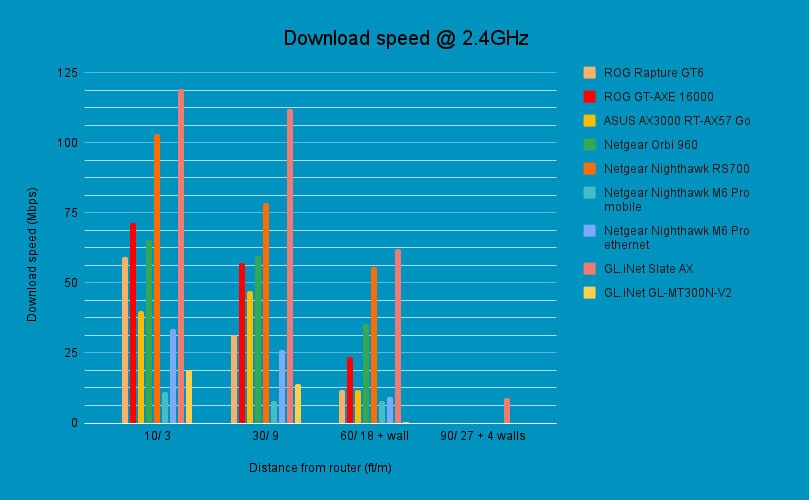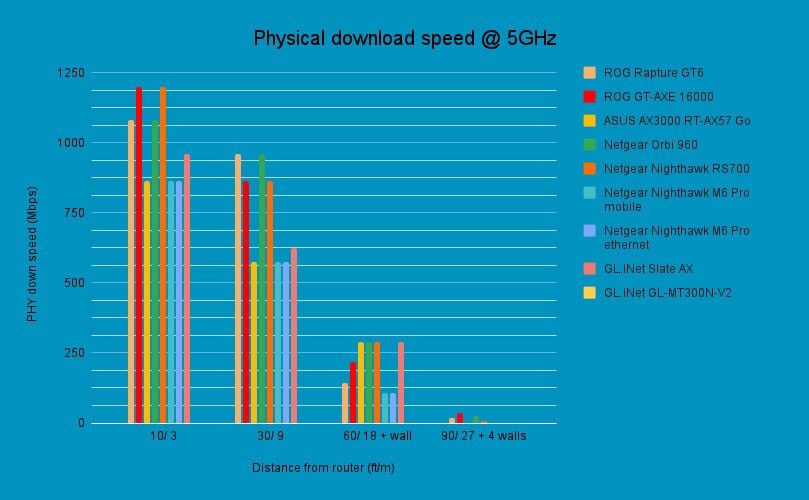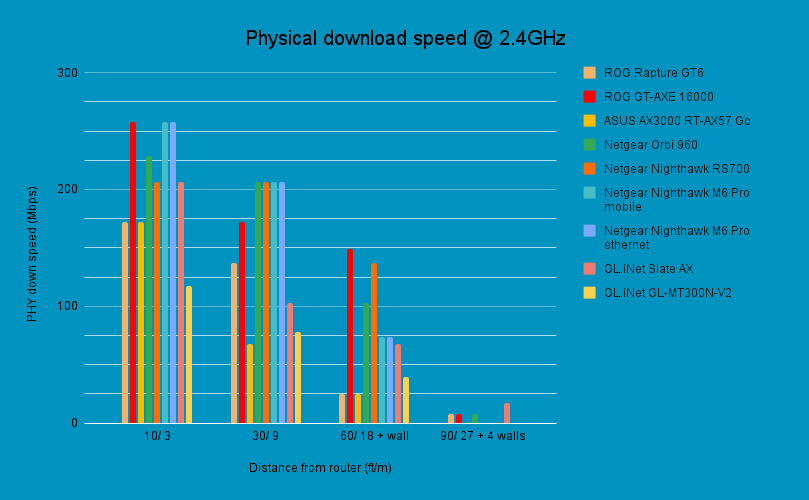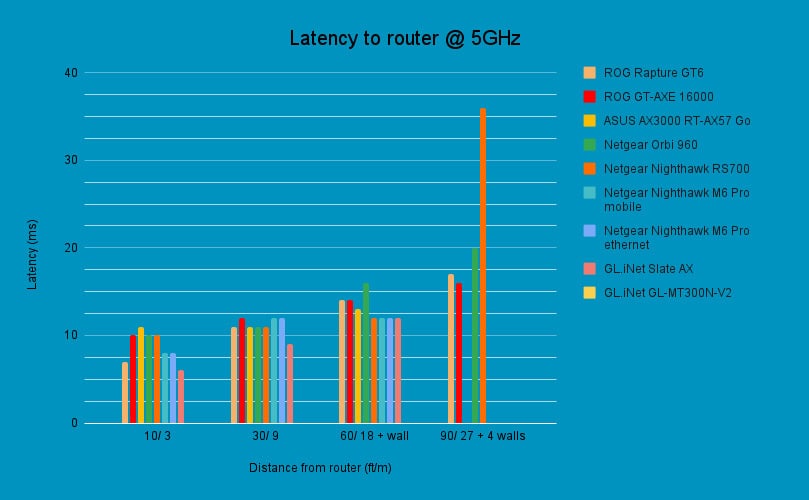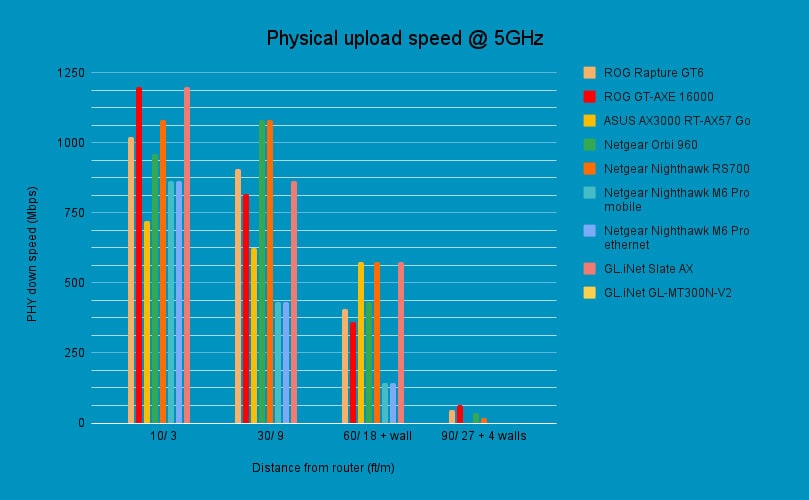Netgear Nighthawk M6 Pro (MR6450) review – top mobile networking but at what cost?
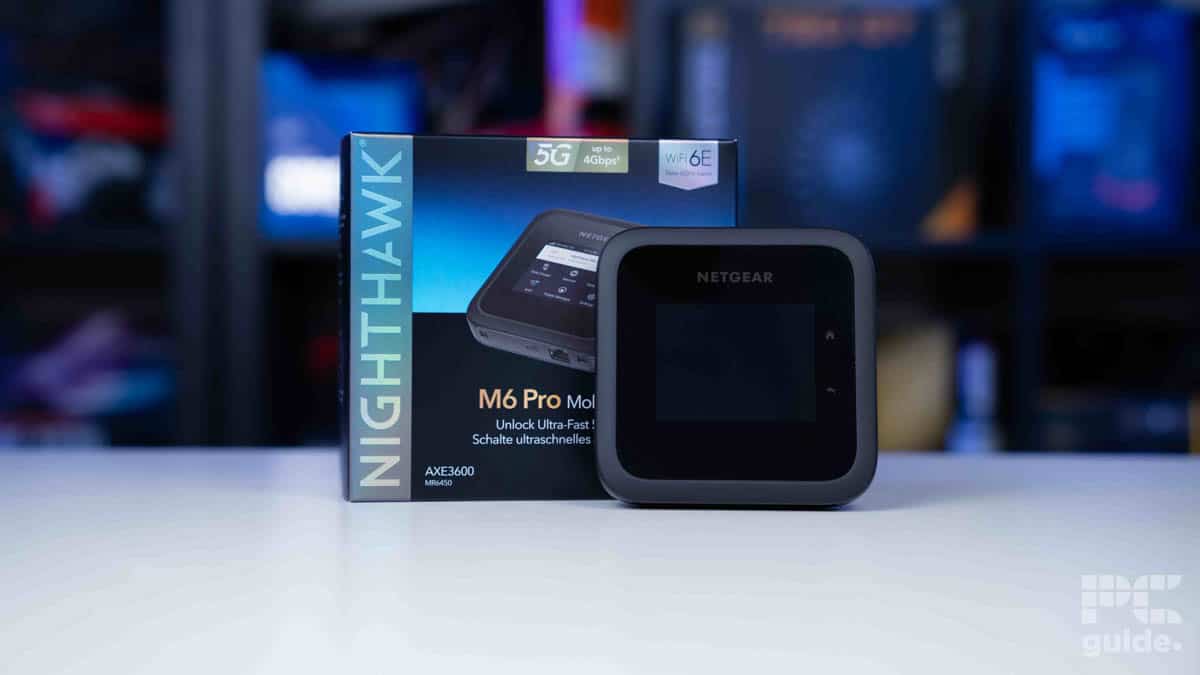
Table of Contents
Now for something a bit different, a travel router review. Moving away from the safety of a home and a wireless router expected to stay in one place, we review the Netgear Nighthawk M6 Pro. More specifically the MR6450 which is available here in the UK and Europe. Now, it has some different uses from our usual network hardware, it certainly still has its use cases so we see how it does in our usual testing case.
Instead of relying on your trusty ISP to provide your internet, you can get it all off of a sim card and utilize mobile networks to get internet. With a more unique design and use case it has its merits but also plenty of detriments that make it a bit of a harder recommendation especially considering the price of the gadget. So let’s see what it has to offer.
Prime Day is finally here! Find all the biggest tech and PC deals below.
- Sapphire 11348-03-20G Pulse AMD Radeon™ RX 9070 XT Was $779 Now $739
- AMD Ryzen 7 7800X3D 8-Core, 16-Thread Desktop Processor Was $449 Now $341
- ASUS RTX™ 5060 OC Edition Graphics Card Was $379 Now $339
- LG 77-Inch Class OLED evo AI 4K C5 Series Smart TV Was $3,696 Now $2,796
- Intel® Core™ i7-14700K New Gaming Desktop Was $320.99 Now $274
- Lexar 2TB NM1090 w/HeatSink SSD PCIe Gen5x4 NVMe M.2 Was $281.97 Now $214.98
- Apple Watch Series 10 GPS + Cellular 42mm case Smartwatch Was $499.99 Now $379.99
- ASUS ROG Strix G16 (2025) 16" FHD, RTX 5060 gaming laptop Was $1,499.99 Now $1,274.99
- Apple iPad mini (A17 Pro): Apple Intelligence Was $499.99 Now $379.99
*Prices and savings subject to change. Click through to get the current prices.

- Standard: WiFi 6E
- Frequency Bands: 2.4GHz, 5/6GHz
- Max Speed: 2.9Gbps
- LAN Ports: 1x 2.5Gbps
- WAN: Same as LAN
- CPU: Qualcomm Snapdragon X65 5G
- USB: 1x Type-C
- Dimensions: 21.5 x 105 x 105mm (0.85 x 4.14 x 4.14in)
- Weight: 256g (0.56lbs) w/ battery
- Battery: Removable 5,040mAh Li-ion
- Screen: 7.1cm (2.8″) touch
There are bound to be some users who will need the power and performance of the M6 Pro, but in general, it’s a very expensive mobile hotspot. It does have great adaptability and plenty of features but costs a lot especially as even though it might be a WiFi 6E router, you’re very much limited by the signal of your mobile connection. Which even then is not included and you have to buy an unlocked sim and plan to pay for it, as well as the antenna if you want an extended range.
It does offer a strong battery life and capacity as well as a lot of settings to extend the battery life via different performance modes and powers. Being able to connect to 5G and running 6GHz you can get a lot of speed but unless you’re downloading uploading and streaming at the same time it hardly seems worth it. But if you’re using all that, you can at least cap and track your usage.
- Lots of power and internet settings easily be accessed via the touchscreen
- Very quick and easy to use and set up
- Can connect to a 5G mobile network and runs WiFi 6E so brings the fastest speeds (or at least more adopted)
- Has a 2.5Gbps ethernet port for WAN or LAN
Wide support for any unlocked network operators
- Prohibitively expensive makes it suitable for limited numbers
- Over-the-top specs and speeds for most use cases when traveling, specifically dependant on mobile signal anyway
- SIM and data plan are not included and neither are antennae, so extra costs on top
- Battery life is not too great unless put on the lowest power settings
- WiFi bands are limited to 2.4GHz and either 5/6GHz, but can have just one of any
Design
As a mobile router, it certainly is a lot different than standard, unlike gaming routers sporting big antennae and lots of surface area, it goes for small and compact. The Netgear Nighthawk M6 Pro is just a square that fits in the palm of your hand. Measuring 105 x 105mm, 21.5mm thick, and weighing 256g it does make it quite easy to transport and get around, although a carrying case would be a good addition to have at the ready.
It does come with a 5,040 Lithium-ion battery that reportedly does last 13 hours, but that is likely with all the performance turned down for the least power consumption, which could be better for a travel router. This is where the easy access to the back is very useful, as the battery can be taken out and a SIM inserted, which can be a bit fiddly at first but easy to figure out sliding in.
It does have great adaptability and plenty of features but costs a lot
For networking, the M6 Pro can connect to any network with an unlocked SIM. Connecting up even the fast 5G network to then become a strong WiFi 6E router with the ability to create a 6 or 5Ghz, and/or 2.4GHz network. As in you can have 5 or 6 and 2.4 or any of those separately. But also with an ethernet port, you can use it in a formal way but still require a SIM inserted to do so, or you can extend your existing WiFi network too, even making public ones a bit safer.
Alongside the 2.5Gbps ethernet port, you do get a USB Type-C connector, which is used for charging or running the device but also can be used for tethering and working off another device instead. There are also two TS-9 external antenna ports if you do want to get some of those to extend your range whilst on the opposite side is the power button.
Other features
Powered by the Qualcomm Snapdragon X65 5G processor it is a strong mobile unit that the touchscreen works well with and so does the network speed. As it supports up to 32 devices at the same time and is able to be used in 125 countries it is a versatile unit. Plus targets a 1,000 sq. ft. range by standard and has a good plug solution as our one is a European model you can replace the plug between UK and EU plugs.
The router is AXE3600 rated for that fast speed to devices and varies from the nonpro as that drops to a 2.5Gbps mas 5G speed, loses 6GHz support, and lowers the ethernet port to Gigabit and shrinks the touchscreen by 0.4 inches. Other than that there’s not too much else apart from the strong range of options and settings available that’s fairly simple to go through. Including still being able to set up a guest network, along with having plenty of control via the web app as well for quicker use.
Pricing
Now here is the biggest drawback of this router. We’ve seen our fair share of expensive, routers, much like in our Nighthawk RS700 review. However, that still comes at less than the M6 Pro, which has a lesser WiFi standard and a lot fewer features. Our particular MR6450 has an MSRP of £900 although Amazon has it listed at £849 and lower on sale. The US version of the MR6550 is $1,000 or $900 on sale. But still, that is rather much more than you’d expect for a portable router.
To be fair there is certainly a range of people that will find this sort of device very helpful and handy and find the worth in its value. Others may find just using their phone as a hotspot much more reasonable, or find a much cheaper option. To be fair to Netgear you’re unlikely to find that high tech in those choices and that is likely where the high price comes from implementing some of the latest tech into such a small package.
the great tech it is able to fit inside makes it one of the if not the best mobile routers out there
Performance
There is a range of testing we put the MR6450 through to see how well it performs. Both on the network and using a WAN connection, although we found in our office we only got a 4G connection to the Vodafone network and so did not get the full ability of the mobile solution to test.
On our current setup, we are also limited to WiFi 6 on a Samsung S21 FE so were not able to put the WiFi 6E network to the test and instead focused on both the 2.4 and 5GHz WiFi connections. The wireless tests we did over a set of distances from the router, starting off with 10ft/3m, and 30ft/9m uninterrupted, along with 60ft/18m with a wall in between and a bit more troublesome 90ft/27m with two rooms and plenty of obstacles. We gathered this data using the WiFiman and Ookla Speedtest apps and recorded them.
Signal strength and latency
First off we started off with the signal strength, which is how well the device and router can communicate effectively. Measured in decibels per meter, the lower the number, or closer to zero, the better the signal and speed. There we see that 2.4GHz holds up better than 5, with the values staying the same with mobile or ethernet unsurprisingly. The strength ranged from -50 to -69dBm and was unable to connect at the longest range of 2.4GHz, whilst 5GHz spanned -58 to -80dBm. Compared to other routers it is rather low but it does have a limited capacity and much fewer antennae to work with.
Now the latency is how long it takes for the communication and data transfer to occur between the two devices. The M6 Pro holds up quite well on that front although 2.4GHz is a bit hit or miss. That spans between 23 and 35ms, with 5GHz just being 8 to 12ms. It does not have too many problems with connections, although the latency to the internet may be a different story.
Speed tests
For speed testing we took both the PHY speed and internet speed, the first of which is the theoretical speed between router and phone, with the internet speed and how fast the overall connection is. The first of which does fairly well, with the 2.4GHz download ranging 258, and drops off with a wall in between 74Mbps, with uploads between 229 and 103Mbps. With 5GHz down at 864 to 108Mbps, and the up ranging 864 and 144Mbps.
However, actual speed tests drop that significantly. The 2.4GHz download for mobile is between 11 and 8Mbps, with ethernet between 33.7 and 9.1Mbps. Whilst 5GHz boosts that well with mobile between 149.5 and 52.1Mbps and ethernet at 262.0 and 60.2Mbps. Whilst uploads at 2.4GHz on mobile go from 13.5 to 8Mbps and on ethernet between 43.8 and 5.3Mbps, and 5GHz spanning 17.5 and 14.1Mbps on mobile and 270 and 58.1Mbps on ethernet.
Finally, we also tested the connection speed on a PC connected to the router. With the mobile network, the speed test got us a 67Mbps download and 9.7Mbps upload, whilst using ethernet that went to 265.6Mbps download and 283.9Mbps upload. We also were not able to do a usual read/write test for connected storage as the router lacked a USB port we could use.
Conclusion
Overall, the Netgear Nighthawk M6 Pro (MR6450) is an incredible piece of hardware, the great tech it is able to fit inside makes it one of the if not the best mobile routers out there. Utilizing the top speeds available and then coming out with some fast WiFi 6E is a great feat, along with all the options and setup that it can achieve. However, its big letdown is the price which makes it such a hard recommendation unless you really have a great need for it and a lot of time to make it a valued choice.

- Standard: WiFi 6E
- Frequency Bands: 2.4GHz, 5/6GHz
- Max Speed: 2.9Gbps
- LAN Ports: 1x 2.5Gbps
- WAN: Same as LAN
- CPU: Qualcomm Snapdragon X65 5G
- USB: 1x Type-C
- Dimensions: 21.5 x 105 x 105mm (0.85 x 4.14 x 4.14in)
- Weight: 256g (0.56lbs) w/ battery
- Battery: Removable 5,040mAh Li-ion
- Screen: 7.1cm (2.8″) touch

